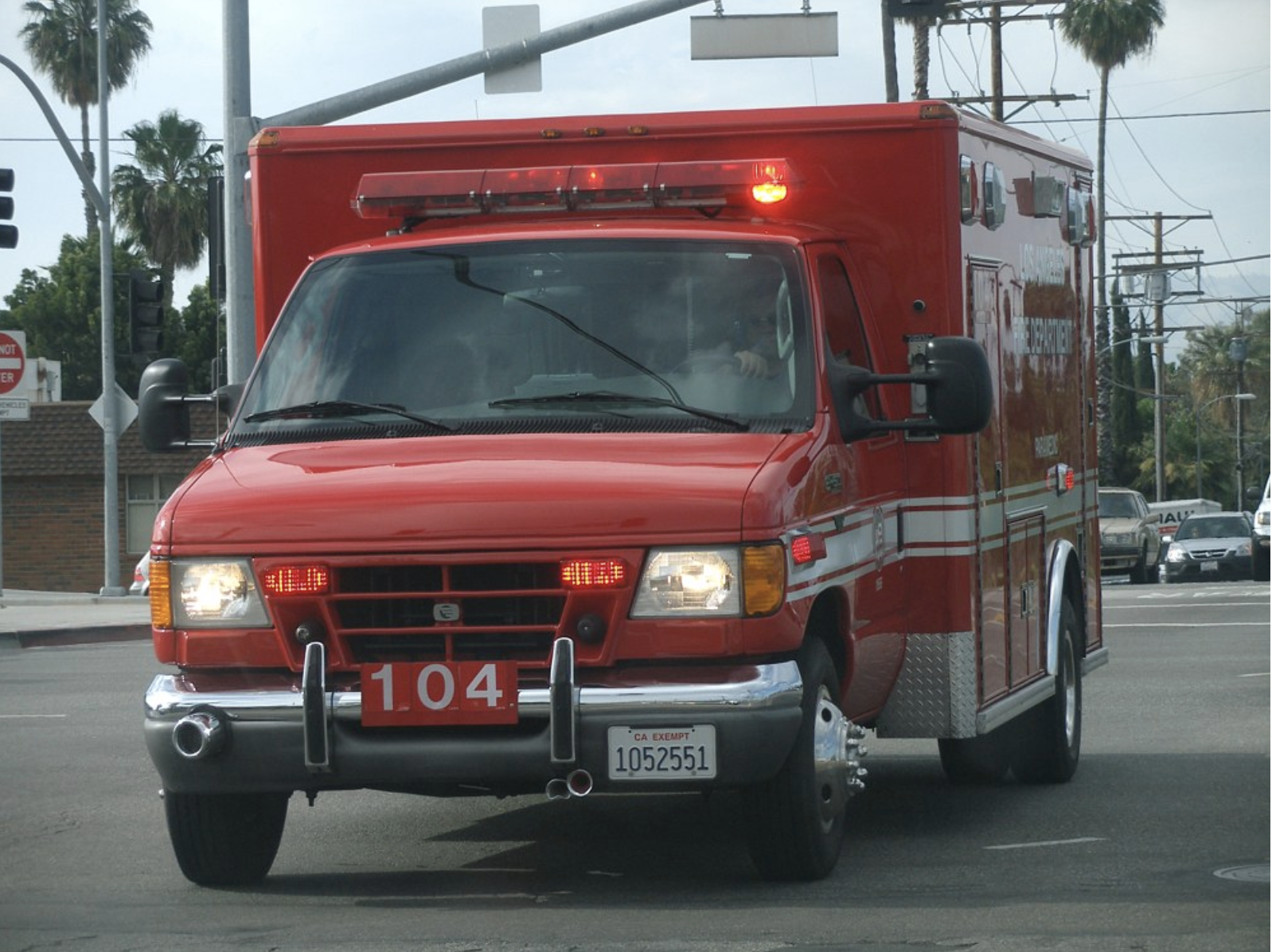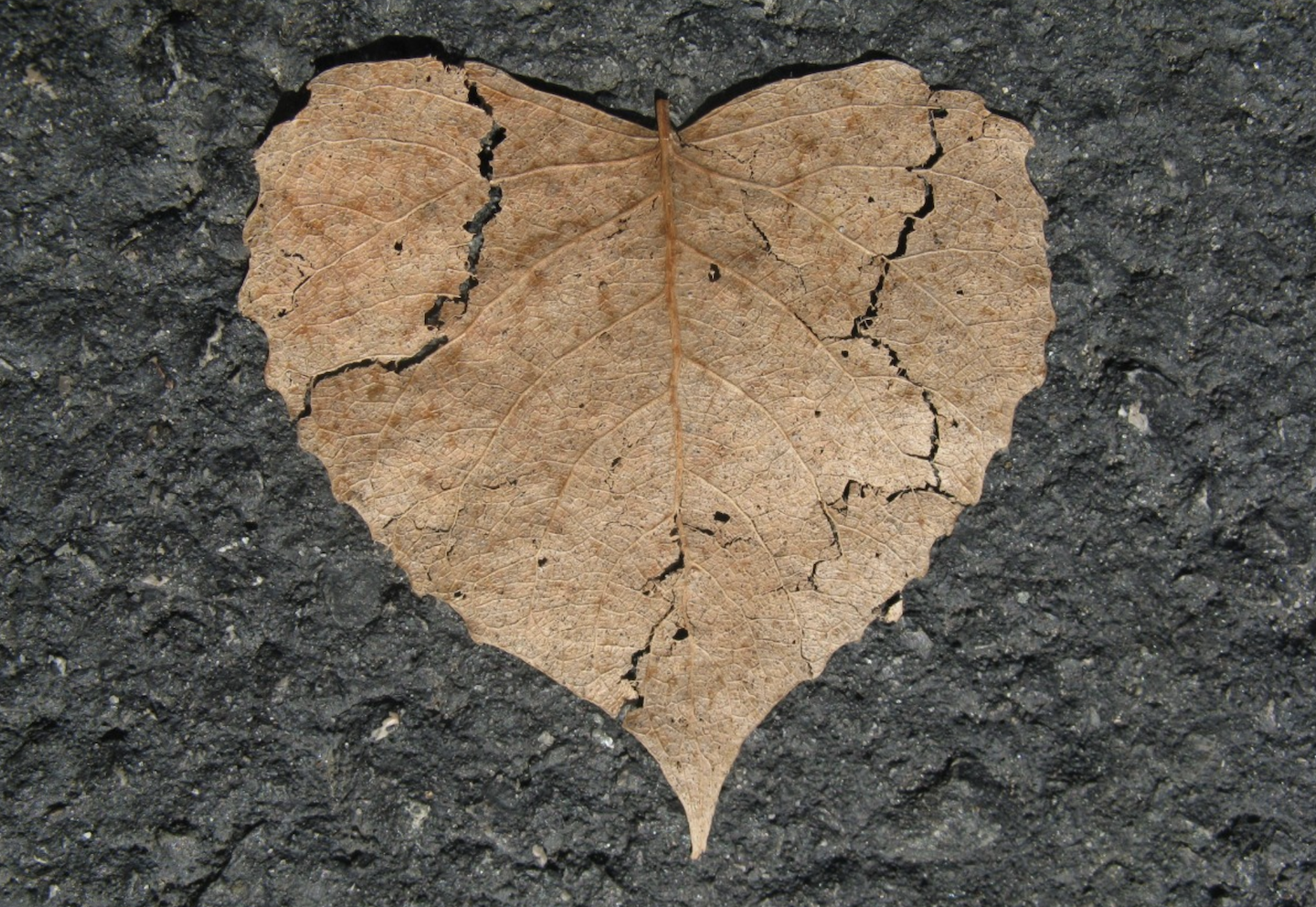Another Valentine’s Day has come and gone and, once again, I’ve successfully ignored another commercial and contrived Hallmark holiday. This year, the hearts and roses were largely overshadowed at least in my Los Angeles neighborhood by America’s more meaningful holiday, the NFL Super Bowl.
Let’s face it, Americans: You can get red roses any time but getting a Super Bowl win is magic performed only on the occasional decade.
I confess that there’s a sweetness to Valentine’s Day that I don’t dismiss lightly. When my boys were little, they never failed to make me a card and deliver it with expectant eyes, knowing I would be thrilled beyond words with their scrawled artwork and indecipherable words. I loved the cards because I loved the boys, not the other way around. I had the love before I held the cards.
But if there’s something sweet about Valentine’s Day, there are also reasons for sadness. While some mates and lovers exchange gifts “just because,” there appear to be at least as many seekers as there are lovers. I’m not much cheered by the fact that dating apps nearly crashed with the overload of people seeking someone to date, potentially someone to love and, even more probably, someone to love them. And the irritably practical side of me is saddened to recognize that this year Americans invested $24 billion in Valentine cards, roses and meals while putting $170 million into the search to cure childhood cancers; c’mon, America, that’s sad.
Like everyone else, I’ve become conditioned to see love in Hollywood images and hear it in romantic music. It’s all as light and airy as confection. Am I just being grouchy and old when I protest that falling in and out of love isn’t love; it’s just waves of hormonally driven affection and come and go? Revolving-door romance is about as nourishing to our souls (and social structures like marriage) as the frosting on my favorite carrot cake.
Perhaps I should keep these thoughts to myself. I have children, after all, and a grandchild. They may some time want to make me a Valentine and I wouldn’t want to miss it. I’m just a sap for children’s expressions of love. Give me a sloppy kiss from a two-year-old whose face is lathered with peanut butter and I’ll tell you this is about as good as life gets.
But then comes adulthood. Valentines go into the drawer. And, by now, it’d be good if we knew something about love that isn’t the plot of a romcom or the subject of one more misty photograph of hands being held by candlelight. Of course I’m not talking about romance any more. Now I’m leaning into love. Real love. The kind of love that doesn’t fade when our hair thins and greys, when our energy fades at four in the afternoon and we wonder if we’ll outlive this or the next pandemic.
Let me warn you: I’m going to quote C.S. Lewis which means I’m going to get serious. Lewis both thought and wrote brilliantly. And, germane to this moment, Lewis loved deeply. As his love for his bride, Joy, exploded into a wonderful marriage, he almost immediately began to lose her. Joy was sick through much of their marriage. Just short of their fifth anniversary, she slipped away.
In the shadow of a loss he could not contain, Lewis wrote: “To love at all is to be vulnerable.” If you wonder what he meant, very slowly read the way he described how we avoid that vulnerability:
“Love anything and your heart will be wrung and possibly broken. If you want to make sure of keeping it intact you must give it to no one, not even an animal. Wrap it carefully round with hobbies and little luxuries, avoid all entanglements. Lock it up safe in the casket or coffin of your selfishness. But in that casket – safe, dark, motionless, airless – it will change. It will not be broken; it will become unbreakable, impenetrable, irredeemable. Because to love is to be vulnerable.”
If I love my child, I am vulnerable to the pain that may one day come with rejection. Loving a grandchild or a great friend is taking a risk with one’s heart. Lewis, for all his brilliance, could find no easy comfort in the wake of Joy’s passing. His heart was broken, ripped apart by an illness he could not stop and a death he could not prevent. He knew love, knew it intensely, and fully understood his reference to caskets and coffins. He knew the selfish desire to spare ourselves pain and he knew, oh how he knew, the cost of vulnerability.
So…have I loved and been loved? Yes.
Has love hurt? Of course.
Has my heart been broken? More than once, for a time.
To be fully human is, in fact, to be vulnerable, as Kate Bowler reminds us with the title of her newest book, “No Cure to Being Human.” The best we can do is accept our vulnerability, seek out those we trust to deal gently with us, and care for one another until we or they, like Lewis, feel the awful weight of loss.
I admit I’m skeptical when a pundit or a hippie tells me that the resolution of all injustice, the answer to racism, the proper response to White Nationalism – the “fix” for all these evils – is love. It’s too simple. It doesn’t work. It can’t be right. Then comes another Valentine’s Day sparking another round of thoughts about love, and I wonder. It may be that there’s no cure to being human. But it’s also true that there’s no insight deeper than that of C.S. Lewis.
Let us go bravely toward next year’s Valentine’s Day, being vulnerable with courage. Let us love without holding back.



